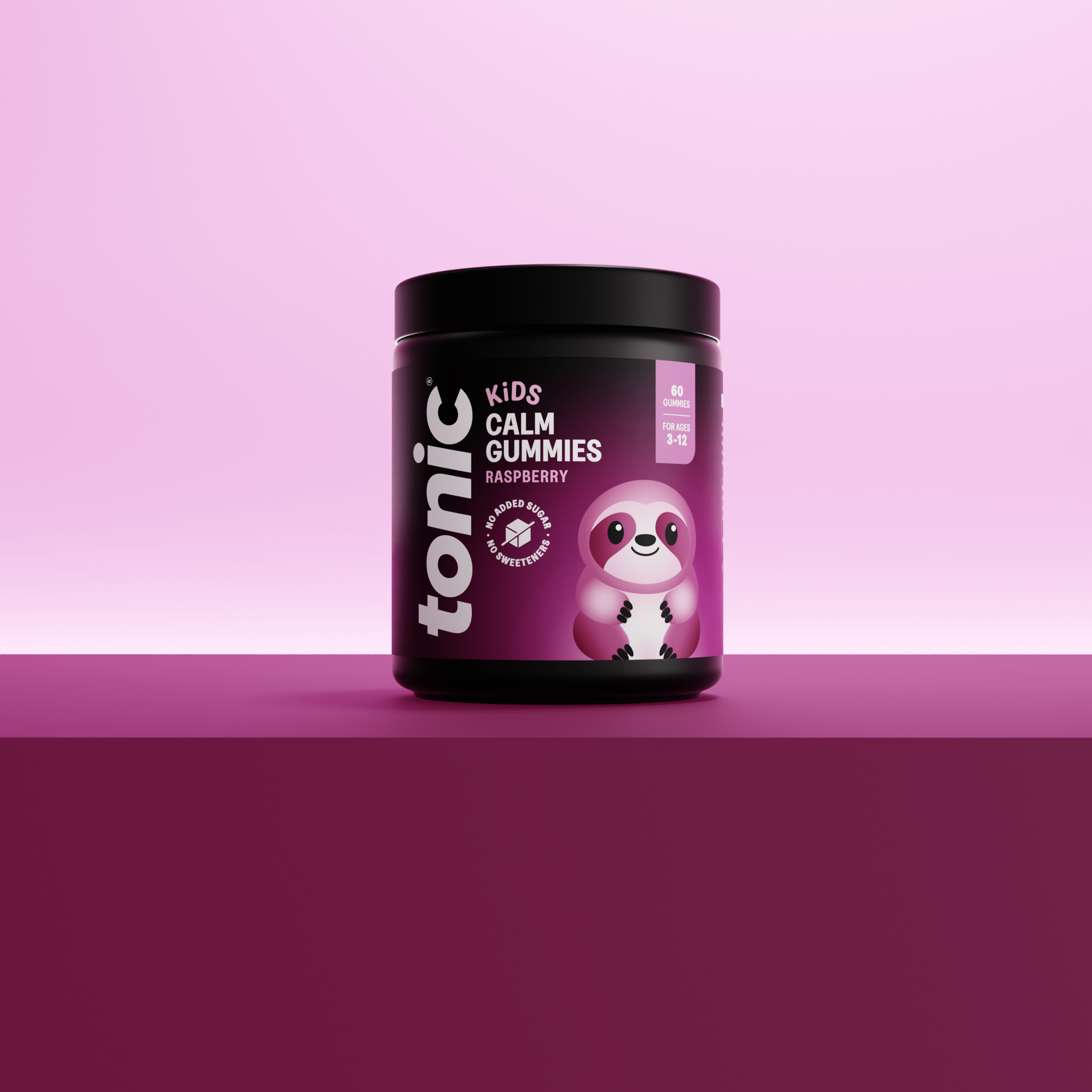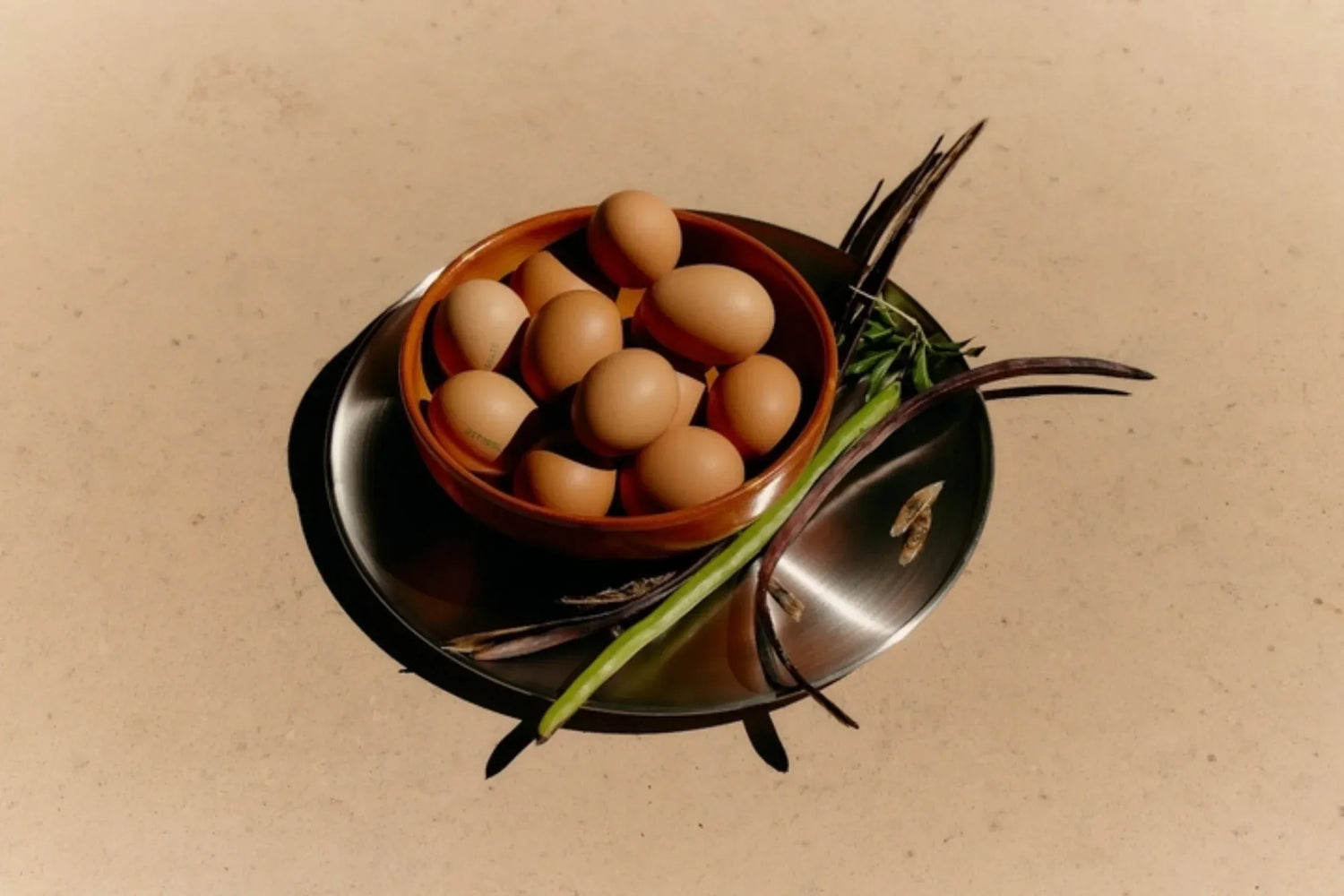We’re now firmly in the season of New Year resolutions – that is, if you haven’t set and given up a few of yours already! – and for many of us, that inevitably means looking again at whether we’re doing the right thing by our bodies.
Yes, you know what we’re talking about – that infernal spectre of post-Christmas diets, aimed at shedding the pounds we may have gained from those chocolate boxes and festive dinners.
Navigating a world of choice in diets
This time of year always seems to see certain diets re-enter the public conversation in a big way: the Mediterranean diet, the Paleo diet, the Atkins diet... you get the idea.
The ‘daddy’ of them all in recent years, though, might just be the ketogenic, or “keto” diet. It’s a diet based on high fat consumption and almost zero carbs, touted in the past by celebrities like Halle Berry, Kourtney Kardashian and Jersey Shore star Vinny Guadagnino.
But does keto’s apparent trendiness automatically make it the right diet for you in 2021? The short answer is, no – but the science underpinning it, and its track record of results, might just do.
So, how does a keto diet actually work?
As a modern health strategy, the ketogenic diet essentially began in the 1920s, being used to treat epilepsy in both children and adults.
As we mentioned above, the keto diet is all about high fat and low carbs. The idea is to take enough carbs out of one’s diet that the body begins to consume fat for fuel, instead of carbohydrates.
This process is referred to as “ketosis”, whereby eating a diet with low or no carbs leads to molecules known as ketones accumulating in the bloodstream.
The low carbohydrate levels cause a fall in blood sugar levels, so the body breaks down fat for use as energy, rather than glucose (sugar) converted from carbohydrates.
What foods can you eat on a keto diet?
This might be a bit of a ‘make or break’ factor for some of you! But essentially, if you do take on the keto diet, you’ll have the ‘green light’ to eat a lot of meats such as chicken, pork, bacon, lamb and steak, as well as fatty seafoods like salmon, tuna and halibut, and other fats and oils like eggs and butter.
Those embarking on keto diets also often embrace significant quantities of high-fat dairy, including soft and hard cheeses. It’s also fine on a ketogenic diet to consume some vegetables like cauliflower, cabbage, tomatoes, mushroom and broccoli.
But just in case you’re starting to think the keto diet means you can “have it all”, bear in mind that the list of foods to avoid on such a diet is also pretty extensive, basically encompassing most sugars and starches.
That means saying goodbye to nearly all fruits such as apples, bananas, watermelon and peaches, as well as all bread, most grains, alcohol, and sweet treats such as chocolate and cakes. You can, however, continue taking your high-dose vitamin drinks - one of the benefits of no added sugar means our delicious drinks are also keto-friendly!
All in all, could keto be the diet for you?
While research has indicated that a ketogenic diet can certainly induce quick weight loss, it has also shown that ultimately, the best weight-loss plan for you is likely to be the one you can actually stick with for long enough to achieve sustained results.
It’s also important for anyone with medical issues, or who is taking medication, to consult a doctor or dietician before taking on a keto diet.
Given the controversies that still linger around the ketogenic diet, this will help you to assess its safety for you – as well as whether such an eating plan would be sufficiently well-aligned with your existing food preferences to give you a strong chance of success.
Other sources:
https://www.bbc.co.uk/food/articles/keto_diet_weight_loss
https://www.dietdoctor.com/low-carb/keto
https://www.health.harvard.edu/staying-healthy/should-you-try-the-keto-diet







Leave a comment
All comments are moderated before being published.
This site is protected by hCaptcha and the hCaptcha Privacy Policy and Terms of Service apply.